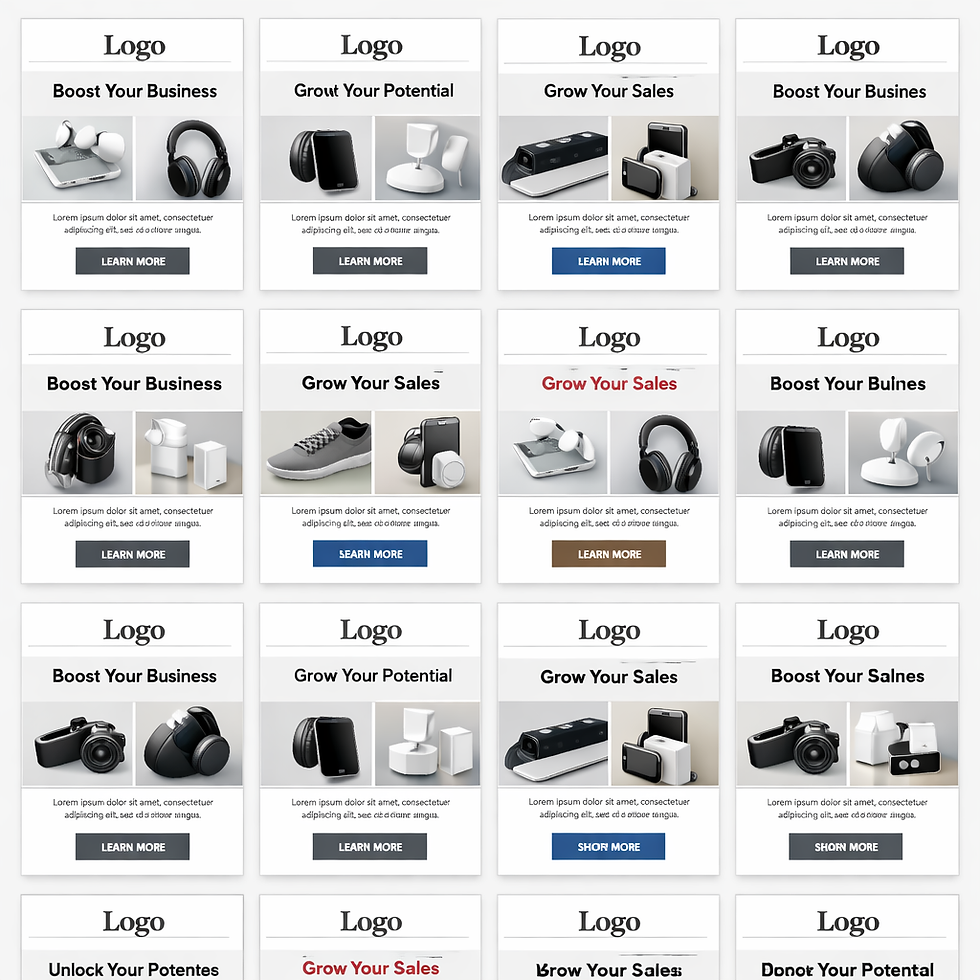Building Trust in an AI World: Why Authentic Leadership Matters More Than Tool Mastery
- Jennifer Leonard
- Jul 13, 2025
- 3 min read

Lately I've noticed a lot of discussion on LinkedIn about using AI for writing. There's a real struggle between AI-generated expertise vs. authentic voice. For me, it's not about being anti-AI or pro-AI. The real question is how do you use AI strategically while maintaining authenticity?
AI as Thinking Partner, Not Replacement
Everywhere I turn I hear that AI is reducing our ability for critical thinking. Yes, but you can also use AI as a thinking partner—not a replacement for critical thinking.
As a writer, I've had my own challenges with technology, first with word-processing. I'll be the first to admit, it took me a while to move away from pen to paper (and I do still think there's something magical about the connection of putting ideas down in this way). But, I eventually caved to the efficiencies of editing and rewriting digitally. However, I still journal and write poetry the old fashioned way.
Today, I use AI to help me draft blogs and posts. But, I don't just tell AI to write about a topic for me.
If I have a strong POV and a wealth of experience, it's a no-brainer—to be totally authentic, I write the whole article myself. Then, I run it through AI for feedback for strengthening. Is there something I might have missed or could have said more impactfully? Because, as any writer will tell you, writing is a process of multiple rewrites.
Other times, I have a conversation about something I'm deeply interested in or have a strong POV about and I dig deeper into the topic. I research the topic more and use AI to help me validate my thoughts, often using multiple tools. What I find extremely helpful, and efficient, is that AI can then help me synthesize the information, and organize it, to help me build a thoughtful, flowing piece. And, instead of having AI write the article for me, I tell it to create an outline for me to fill in.
The key, beyond tool knowledge, is strategic orchestration and synthesis—whether to aid in content or using AI to help with work challenges.
When You Can Spot AI Content a Mile Away
Having read a lot of content online and posted a lot more recently, here's what I've been noticing. People are craving authenticity. They're criticizing content they feel is AI-written. They can spot it a mile away. There's too many dashes. I love using em dashes because they can be very powerful, used in the right way. That doesn't mean AI wrote my content.
How I spot AI-content is it lacks a pure human voice that is only communicated with real experience.
What I've learned is that different types of content need different levels of personal touch. For deeply personal/emotional topics, pure human voice is essential. For industry analysis, include AI research, but including personal experience/POV builds trust.
Personal experience elevates any content. When that's missing is when I become suspicious.
Why Quirky Content Isn't Enough
For your brand, personal or business (and if your business aligns with your personal brand), building authenticity and being ethically responsible is important. I know, preaching to the choir, right? But, are you actually living this?
Daily, posters on LinkedIn strive to be viewed as experts and thought leaders. But, when there's a lack of personal touch, the content feels flat.
On the flip side, I'm also seeing posters that are humorous and quirky, that catch my attention and who I begin to follow, only to find it's the same thing day-in and day-out—superficial engagement vs. substance.
From my own experience (and I'm basing my hypothesis purely on this), the posts that often get the most reactions and comments are not necessarily the strongest. It's not about the number of impressions, it's the trust and real relationships formed that drive business outcomes. Clients come from truth, not just reach.
What Companies Really Need
(They Just Don't Know It Yet)
Whether it's using AI for writing, or for other purposes, I guess my point is, there still needs to be human orchestration and perspective. In my own work, AI has been extremely helpful in filling gaps, connecting dots, and synthesizing insights.
AI tools are popping up left and right. There's a rush to implement. Companies are asking for/looking for people with expert AI experience, but what do they really mean by this? Any tool can be learned. It's identifying the right tools and how to use them to create the right workflow. What they really need is strategic thinkers who know how to connect the dots and use AI to help them do this.



Comments